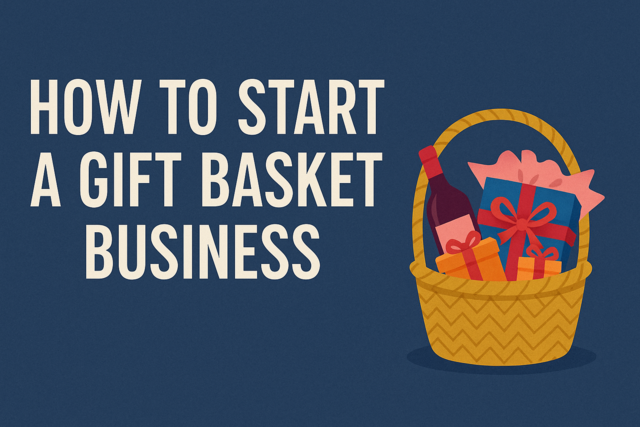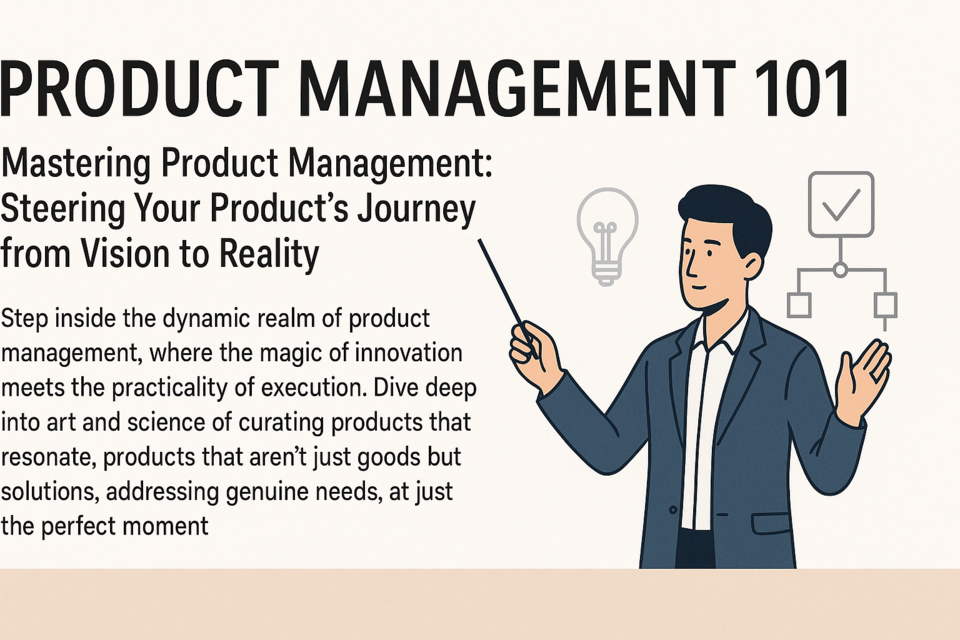Starting your own small business is much like being on a job interview everyday of your life from the moment you leave home until you go to bed. Everywhere you go, everyone you will ever see, everyday of your life you will become consumed with "selling" yourself . Whether you dress in a suit with a printed "billboard" stating what you will do for anyone and everyone, or whether you quietly network in the back your local church or lodge � or something in between � you are marketing yourself everyday for the rest of your life.
There are no more days of "shyness" for you if you are in business for yourself. You no longer have the luxury of a "bad day" or of not being "in the mood" for dealing with people and selling yourself all the while. Whether it is a hard sell � "Hi, I have air conditioners for even the most acclimatized Eskimo" or a soft sell � "Oh sure, I can do that for your company. Would you like me to email you some samples?" � You are selling yourself from here on out.
If you are introverted and shy, you may need a sales staff and a public relations expert to sell for you and to stand in the gap of your lack of interpersonal relations. If you are a "people person", then this will come as natural to you as getting a drink of water. What ever your personal demeanor, you must learn to sell yourself and market yourself everywhere you go and at all times.
How To Work Your Master List
All successful sales people understand the value of a master list that contains everyone they have ever known as far back as they can remember. As a new business owner, you are the number one sales person for your business. Fortune 500 companies teach their professionals to systematically work through their master list so that they glean all of the help and influence they can from people they regularly or casually interact with in both their personal and business lives. Some companies call this list your "circle of influence" or your "list of a lifetime". But the purpose of making the list when you go into business is to make sure you utilize every possible resource or advantage you have in your "natural market". To get you started, here is a list of steps you can take to get yourself ready and thinking about how to "sell" or market yourself everywhere you go.
-
Create your own giant list of your personal "circle of influence" � those people in your natural, daily-life interactions. Ideally, this list should include anyone and everyone you can think of from your family to your mechanic. Most people can create a list of at least 1,000 people they regularly come into contact with in the course of their daily lives.
-
Mentally and emotionally prepare to tell each and every one of these folks what your new business is about, how you serve your clients and how long you have been in the industry. You want to get the word out about your new business and you want to do it with some credibility � be sure to mention your tenure in the industry; it makes you the resident expert ["that I know"] to everyone on your list.
-
Get your business card into the hands of everyone on your list. Create your mailing list of these contacts and send them "early bird" specials and discount specials for knowing you, etc.
-
Although the internet has changed the way we now do business and how we connect, there is still a residual traditional networking that happens in business today. Don't discount traditional networking unless you want to miss most opportunities. Remember, you must be a walking, talking billboard for your business � every time you step outside your door or talk to anyone, anywhere.
-
Don't expect to network everyone on your list in the same way. Remember, people are people and business is still in a technology transition � well, at least a little longer. For now, remember that the people on your list will let you know their preference for contact. Some prefer phone calls, others prefer email, etc. You will network the best when you stick with each person's preferences.
Public Face vs. Private Life
When you begin your business it is wisdom to realize that good business requires you to have a public face that is separate from your private life. While some personalities are more open than others, all of us must use discernment and actively choose what areas of our lives we don't mind sharing with the world. Once you establish in your own mind and among your family just how much you are willing to share with others, then you can exhale and operate from a position of emotional ease.
It is vital for you to make this outline specifically and on purpose. You do not want to be caught in an awkward situation in which you have to figure out on the spot whether and what you will disclose to someone in business. For example, in our business my family knows we do not discuss daddy's work, the children's education or mommy's hobbies with anyone outside of the family. Why? Because by establishing that these things are topics of family privacy, then as a family we know what areas of our lives are considered by all to be completely "family business only".
Your set of privacy issues will likely be different than mine. But the point is that you establish what those issues are and that everyone in the family knows what they are and what the "public relations answers" are for each of them. This prevents social disasters with business acquaintances and keeps a friendly and sociable appearance when dealing with your prospective business clients. Good public relations are always important, even in a family owned or operated business.
Marketing Your Company � Basics
When you initially start your business, there are marketing basics that you will need to implement in order to get running in your community and in your market. This lesson deals with the basics of your company's marketing. We will get into more details in other lessons.
Before You Spend Advertising Dollars
Part of marketing your new business at all levels is to plan your marketing budget and how you expect to spend it. During your upstart it is wise to have your marketing dollars set aside as part of your upstart expense and something that cannot be touched for anything other than planned purposes. In Lesson 6, we will cover the necessary steps of writing your own marketing plan for your company. For now, remember that your company's marketing plan is major to your new company's chart for success as any long term business plan; it is an integral part of your planned success and cannot be overlooked.
Your County DBA Newspaper Listing
Most upstart businesses begin as a DBA � that is: Your Name/Doing Business As/Your Company Name. To open as a business in most counties and states in the United States, you will need to register your company's name with your local county or the county in which you want the business to operate.
When you register with your local county, you pay a nominal fee [usually under $50]; the county clerk submits your paperwork to the state for registration and also submits your information to the local newspaper charged with handling new business listings. Sometimes this can be a local community newspaper; other times it is a specific newspaper whose sole purpose is to publish public notices.
For example, in Collin County, Texas, the county clerk submits all newly filed DBAs to a newspaper called
The Collin County Commercial Record,
http://www.collincountycommercialrecord.com/ . The sole purpose of this newspaper is to publish public notices that are required by law to achieve certain purposes. Besides DBAs, the paper publishes notices for public auctions, foreclosures, marriages, divorces and other legal actions taken in Collin County.
When you register your DBA with your local county, be sure to ask the county clerk what paper the notice will be published in and when it will be published. You will want to know this so that you know where to look for your own notice. More importantly, however, is that you want to know this so you can regularly pick up the paper that publishes such notices.
In the beginning of your new business, you may have a limited number of local contacts and those should be explored. We will get into that in another lesson. But, what you will want to do is search this newspaper for other new companies in your area with which you can network or build a B2B [Business to Business] relationship. If you find like minded or complimentary businesses that are also starting up at the same time as your business, then you have potentially expanded your basic marketing exponentially through the development of these new contacts.
On the flip side of that use of the newspaper, you can also search the paper for new businesses that need the services or products that your company offers. Contact them and speak directly to the owner [listed in the newspaper] to find out their upstart needs and if you can help them. So, this little paper is a great tool for upstarting your business and searching out new local clients.
Do not be surprised by other businesses soliciting you for business from this same resource. It is a well used tool for most savvy business people and salesmen looking for new business. In some areas and cities, the newspaper charged with publishing public notices also has a subscription available to businesses where you can purchase this information either in print or online. This helps you to market to new local businesses with a fair amount of ease by plugging into their subscription and automating your direct marketing pieces or your sales staff so they regularly contact the new business people in your community.
Business Cards, Logos and Signs
Business cards, logos and signs are all a part of your upstart marketing and are a key to getting your new company's name out into the public. Without an image and a steady promotion of that image, your business is just another set of plain letters listed in the local phone book.
You will want to contact an artist for a personalized logo design. Most commercial and professional artists will charge you around $300 to design a unique logo for your company. Make sure you get the logo design in both .JPEG and .GIF files and in more than one or two sizes. These are the most popular type of files used in art production, business stationery, and online web content. You will want and need your own CD of the finished artwork with several of these files in different sizes.
Business cards will run as much as $100 to $125 for 1,000 cards in a color, two-sided, smooth finish that express sophistication and class. If your company is more fun oriented, then you will likely spend less money because you don't necessarily need the more expensive papers or two-sided print. Business stationery is estimated in the same manner � the more sophistication and higher quality paper you need, the more expensive. If you are trying to cut your upstart costs, you may prefer to purchase a fat roll of company labels that have nothing but your company's name, address and phone number on them. You can use them for envelope labels and defer the stationery costs until you are more stable and more profitable.
Signs to hang outside your place of business can get expensive, but they are vital to the upstart of a new brick and mortar location. Expect to spend anywhere from $300 to $5,000 for a modest upstart building sign. You will also want company signs on your vehicles. Many sign shops will create magnetic vehicle signs [usually in a 2 pack] for under $100. Your company's name and contact phone number on the side of your vehicles is essential for your upstart business marketing. Everywhere you go, people can easily see what it is you do and how to contact you.





























